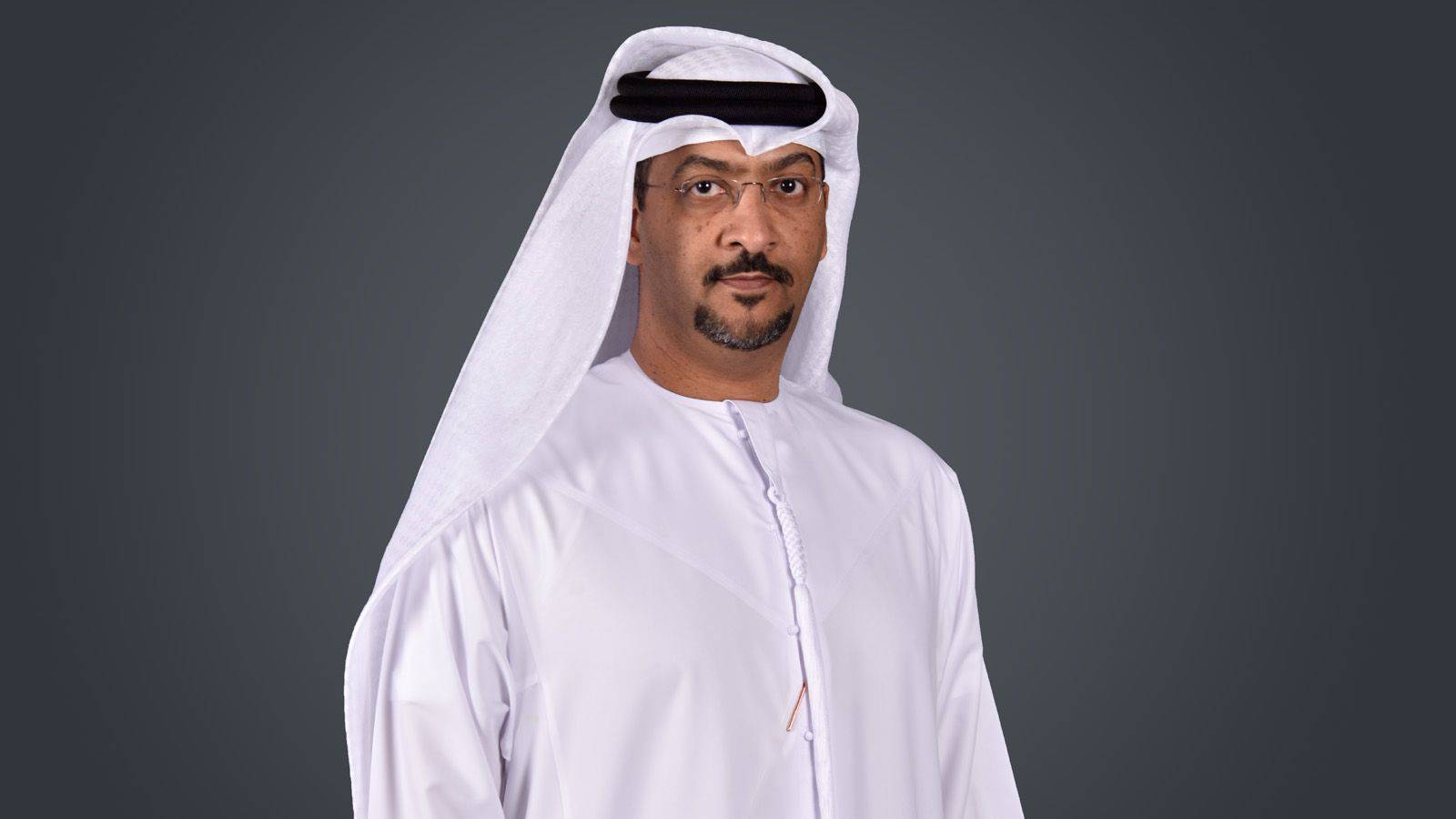Arafat Al Yafei, CEO of LAHAB
Militaries ready show their mettle and defend their nation need to engage in a host of essential services that take place behind closed doors. Ensuring munitions are safely maintained, stored, disposed of and that personnel are adequately trained, takes a holistic and dedicated approach. Quality training, service life surveillance (SLS) and demilitarisation services must be ongoing and done to best practice in order to safeguard the public and prevent theft from bad actors.
Military staff with excellent training can guarantee a country’s armed force is managing its firepower’s safely at all times. Continuous, comprehensive training courses run by highly experienced experts present the best results in long-term management. Additionally, developing military staff should be done in accordance with best practice and the United Nations’ International Ammunition Technical Guidelines.
Munitions management covers the entire munition lifecycle, from handling, storing, transporting, utlilising and disposal. SLS entails inspecting, testing, evaluating, and recommending the optimal course of action and support in implementing SLS protocols. SLS services can include inspecting munitions through visual examination, X-ray examination (where relevant), chemical analysis, and dynamic evaluation. Post testing, the insights provided from these services can enable an armed force to determine if munition is safe or unsafe for storage and handling, available for operation and deployment, safe for transport, unserviceable, or requiring refurbishment.
The negative effects of insecure storage can have a devastating effect. The United Nations Office for Disarmament Affairs (UNODA) noted in a report that there are numerous examples of the consequences of deteriorated or damaged munitions and explosives due to inadequate attention to storage. “The Geneva-based Small Arms Survey has recorded more than 600 unplanned explosions at munitions sites since 1979”, the report states.
Insecure storage can also result in theft by non-state armed groups and criminals. The cases of theft by bad actors are well document and in almost every instance, public safety is compromised. The safe storage of munition is crucial to promoting positive effects for public heath, economic development, and a reduction in the illicit transfer of arms.
Another key aspect of SLS is that it can be cost-effective. Identifying possible components of the munition that can be replaced will extend its service life and maximise its value over time. For example, if SLS services are done on a large calibre munition and the components are in good condition but the fuse needs to be replaced. Instead of disposing the entire munition, military service provides can aid in replacing the fuse, effectively extending shelf life and saving money on acquiring a new munition. Without SLS, militaries would need to procure completely new rounds and dispose of the old ones. With refurbishment, life is bought back and costs are reduced. For any defence force, being financially savvy and reducing cost of ownership is critical.
According to the Stockholm International Peace Research Institute (SIPRI), world military expenditure is rising. Surpassing US$2 trillion for the first time in 2021, total global military expenditure increased by 0.7%. In contrast, total regional defence spending in the Middle East and North Africa (MENA) experienced a decline in real terms for the fourth consecutive year in 2021. Although this decline may slow down, defence budgets that are under pressure in the MENA region could greatly benefit from reducing the cost of munition acquisition.
At the end of the munition life cycle, volatile materials can represent a physical and environmental hazard once they deteriorate. Companies in the defence industry that provide demilitarisation and disposal services can assist with safely disposing munitions, mining explosives, fireworks and other hazardous materials. The latest developments in demilitarisation and disposal techniques allow for dissembling products with care and neutralising volatile materials with environmentally friendly processes to the highest standards.
Demilitarisation and disposal services, SLS, and continuous, advanced, best-practice training are of supreme importance to a military striving to make the most of their munitions and ensure public safety. A company that provides these behind the scenes services adds great value to armed forces and subsequently must be an integral part of national security.
LAHAB Military Services (LMS), an entity of EDGE, is the only specialist in the UAE that offers expert support throughout the munition’s life cycle, from assembly to decommissioning and beyond.
